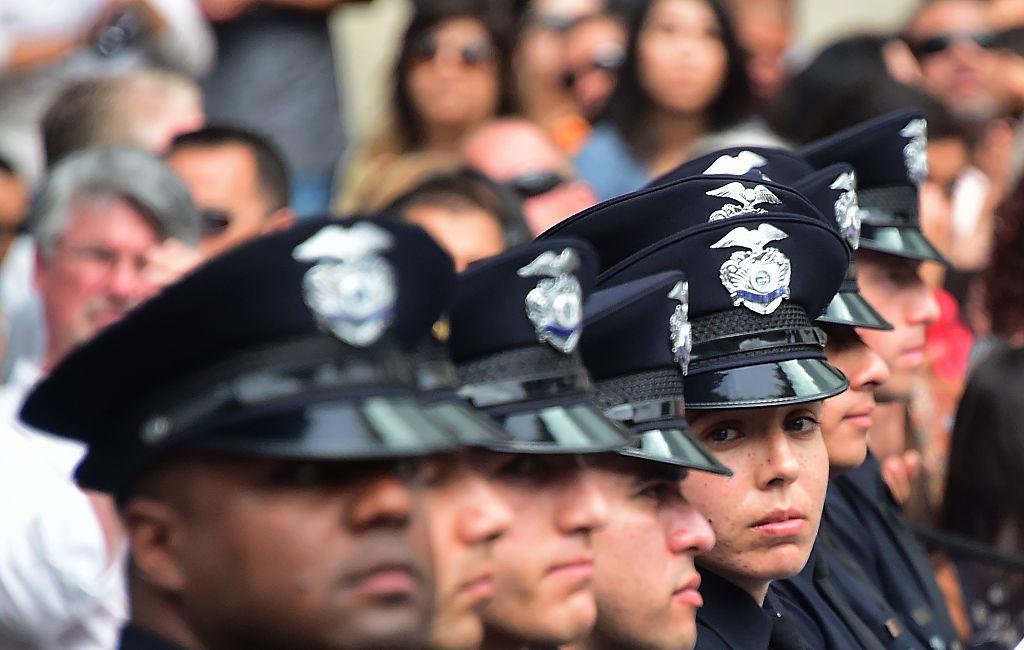SACRAMENTO—Gov. Gavin Newsom’s plan to address the state’s worsening homelessness problem—by forcing some individuals with mental illnesses into medical treatment—made it through an Assembly committee this week, raking in bipartisan support.
Authored by Senator Thomas Umberg (D-Santa Ana) and Senator Susan Talamantes Eggman (D-Stockton), the bill passed the Assembly Health Committee in a 14–0 vote on June 28.





